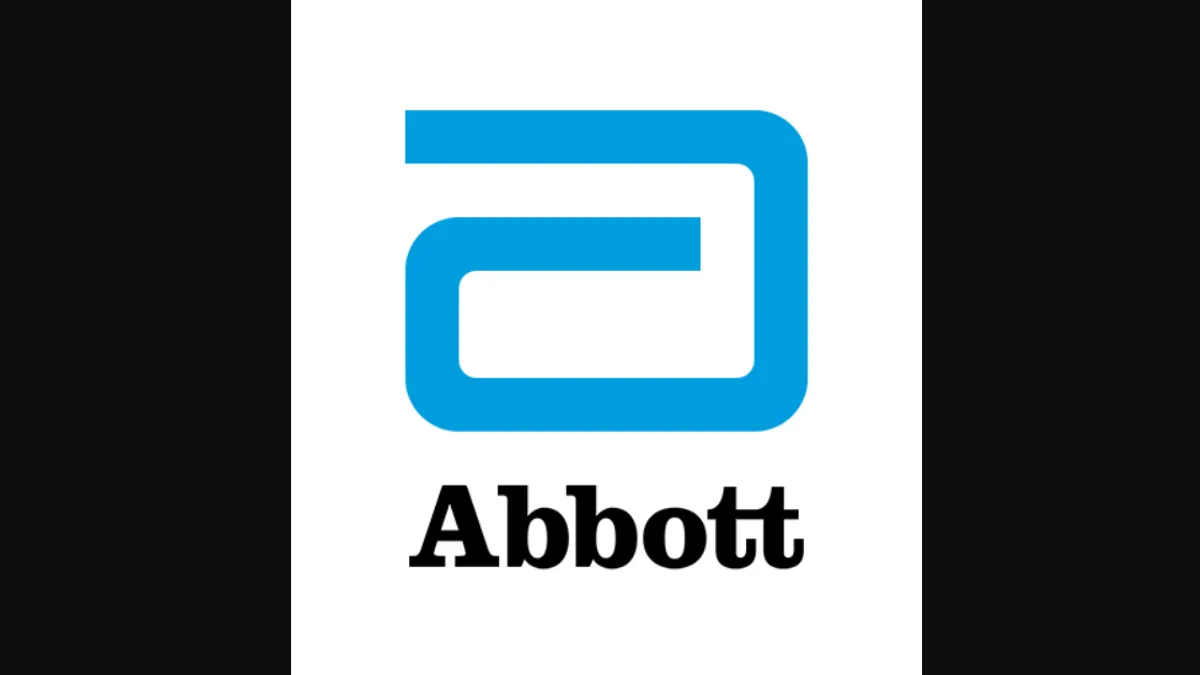Dive Brief:
- Abbott has laid out plans to begin a U.S. study this month of the latest version of its glucose monitoring technology, according to a new post on clinicaltrials.gov Thursday. The FreeStyle Libre 3 study aims to enroll 100 participants and assess accuracy of the system over a 45-day period in children and adults with Type 1 or Type 2 diabetes. The company is targeting completion by the end of the year, according to the listing.
- The plans come a month after U.S. regulators gave long-awaited approval to FreeStyle Libre 2. Although that device received FDA’s integrated continuous glucose monitor, or iCGM, designation, the agency specified it is not allowed for use with automated insulin delivery systems.
- Abbott CGM market rival Dexcom in April warned of at least a 6-month delay to a pivotal trial due on its latest device, G7, citing clinical site disruptions caused by COVID-19. It had aimed to begin a limited rollout of that product by the end of this year.
Dive Insight:
FDA established the iCGM category with the De Novo authorization in 2018 of Dexcom's G6 device, laying out a path to market for CGMs that could be used with other compatible diabetes management devices, including as part of an automated insulin dosing system (AID).
While the iCGM category is still somewhat novel — FreeStyle Libre 2 is only the second device to have the designation — the idea that the label is meant to allow for integration with an AID left some Wall Street analysts surprised by FDA's caveat barring Libre 2 in its current form from use with AIDs.
One hangup is that high doses of vitamin C may falsely raise sensor readings, FDA said when authorizing the device.
Whether Abbott will work with regulators to lift the restriction on Libre 2, or AID integration will come with Libre 3, is not yet clear. The Abbott-backed Libre 3 study is slated to include participants 4 years and older who require multiple daily insulin injections or continuous subcutaneous insulin infusion, and will be run in California, Idaho and Washington.
When Abbott announced the FDA nod for Libre 2 on June 15, it said the product would be available "in the coming weeks" at the same price as its marketed FreeStyle Libre system via participating pharmacy and DME suppliers.
While Libre 2 is new to the U.S., it received the European green light in late 2018. Despite the delayed availability of the newer technology in the U.S. market and some early signs of pandemic-related disruptions in other parts of Abbott's business during the first quarter, sales of FreeStyle Libre devices worldwide exceeded $600 million, year-over-year growth of around 60%. Abbott is slated to report second quarter earnings and host a call with investors Thursday, July 16.
Analysts at Cowen predict Libre 3 will integrate with AIDs from Tandem and Insulet, and that the timing of the study suggests a potential mid-to-late-2021 launch in the U.S.
In February, Abbott announced plans to integrate Libre 2 with Insulet's forthcoming AID system, called Horizon, the same day Dexcom reported its intention for G7 to do the same. Likewise, at the end of June, Abbott said it had finalized the technical development and commercial support details of its agreement to integrate with Tandem devices, to initially be focused in the U.S. and Canada, after the companies first announced their intention to work together last October.
As for Dexcom, several studies are listed on the U.S. clinical trials website either backed by the company or involving its technology, signaling efforts to further expand the populations using CGM technology. Studies cover Dexcom CGMs' performance in newborns, hemodialysis patients, hospitalized individuals, and isolated potential COVID-19 patients.












